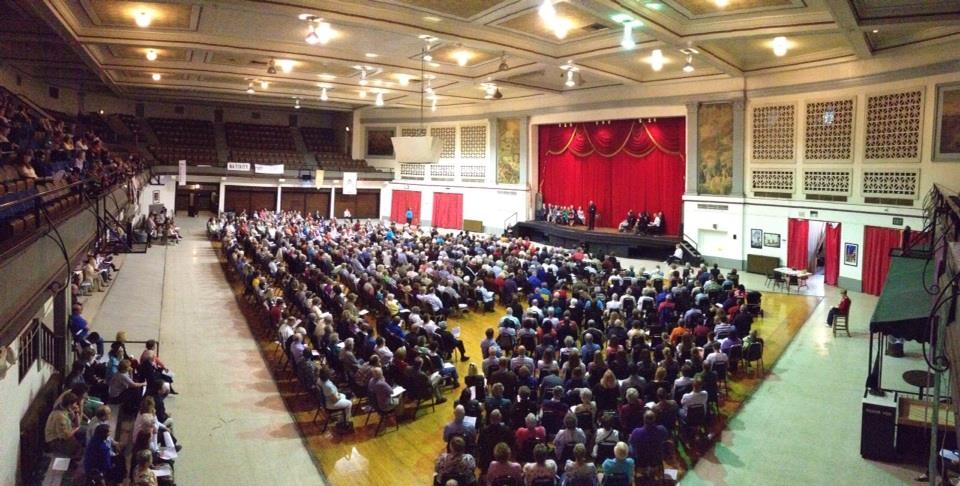
Our Process
CAJE employs a process created and refined by The DART Center, a network of faith-based organizations driving needed change in cities across the country.
step 1: Listen (fall)
Every fall, trained volunteers (our Justice Ministry Team Leaders) conduct Listening Sessions in homes, churches, libraries, coffee shops—and sometimes virtually. At these gatherings (8-10 people) we ask: What makes you angry? What keeps you awake at night? Once these sessions are complete and all have had the chance to be heard, our staff sifts through the stories to identify common themes. With these findings in hand, our leaders gather in November at a Community Problems Assembly. Here, those personally affected by injustice share their stories and we vote on the most pressing problem(s) to tackle.
Step 2: Research (winter)
Over the next four months (December through March), our research committees become immersed in the problem(s). We study available data, dig for unavailable data, meet with local and national experts, and talk to those whose lives are directly affected. We go as deep as needed in our research to discover a viable, evidence-based solution.
step 3: Action (Spring)
Having discerned the issue and its solution, we muster our people-power at the Nehemiah Action. Here, our network of justice-seekers (1,000 to 1,500 local residents) stands tall for needed change. We include the officials who have the authority to implement what justice demands. We air the issue. We hear the testimonies. We expose the disturbing trends. And we publicly ask decision-makers to commit to the solution. In this moment of creative tension, we set the stage that sways people of conscience to do the right thing.
step 4: (ongoing)
Justice is rarely a “one-and-done” proposition; challenging and changing the status quo usually happens incrementally. When we hear “yes,” we follow up to ensure the promise is honored. If we hear “no,” we do not rest. We keep pressing for the change we know must happen, remaining hopeful that people in a position to implement solutions are themselves of good will and want to do the right thing.




